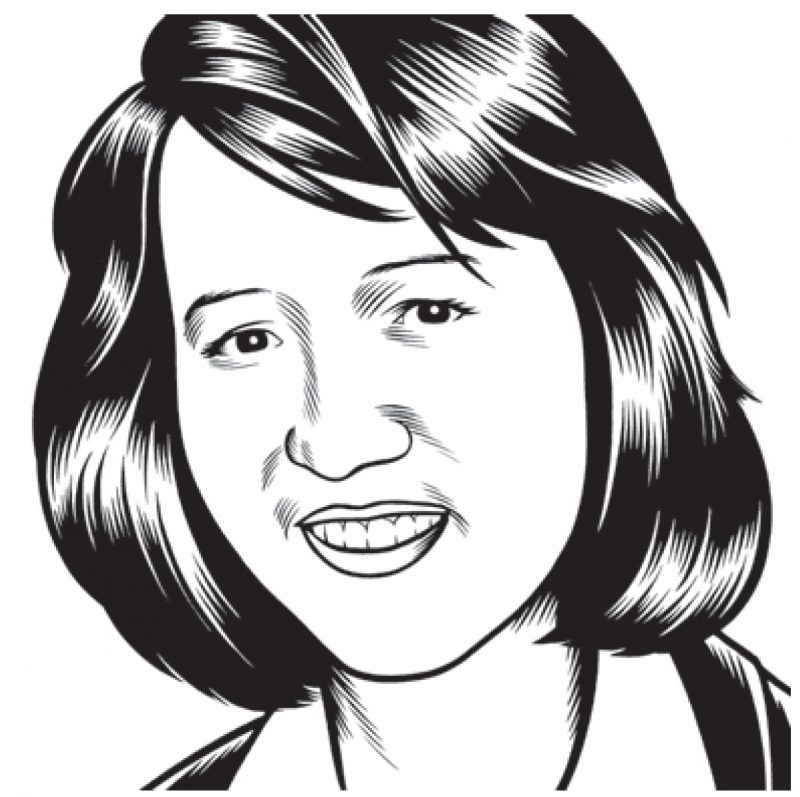Ruth Ozeki is an award-winning novelist and documentary filmmaker. The daughter of an American father and a Japanese mother, she lived in Japan for many years, where she studied Noh drama, flower arranging, and mask carving and worked as a bar hostess, an English professor, and a documentary television producer. Some of her experiences working for Japanese television made it into her first novel, My Year of Meats (1999). The book follows the stories of two different women, an unhappy Tokyo housewife named Akiko Ueno, married to a controlling Japanese PR rep for BEEF-EX (a powerful American beef lobby group), and an American named Jane Takagi-Little, hired to produce his new series, My American Wife! Sponsored by the American beef export lobby, each episode is supposed to show a wholesome American wife cooking a wholesome beef dish to inspire Japanese viewers to buy imported meat. But Jane has more subversive ideas for the program, using it to expose Japanese audiences to American women leading unconventional lives, hoping to inspire them by example.
I first read My Year of Meats when I was living in rural Japan, teaching English at a vocational high school where the classes were segregated by gender: boys in a technical track, girls in a secretarial course. The nearest bookstore was two hours away, and the local library carried just one English title, The Bridges of Madison County. At the time, I was attempting to use my English classes at the sex-segregated high school as a kind of Trojan horse for a secret curriculum of gender studies. Reading about Jane’s ambitions and the mistakes she made, I was able to recognize and laugh at my own.
You have reached your article limit
Sign up for a digital subscription and continue reading all new issues, plus our entire archives, for just $1.50/month.
Already a subscriber? Sign in





